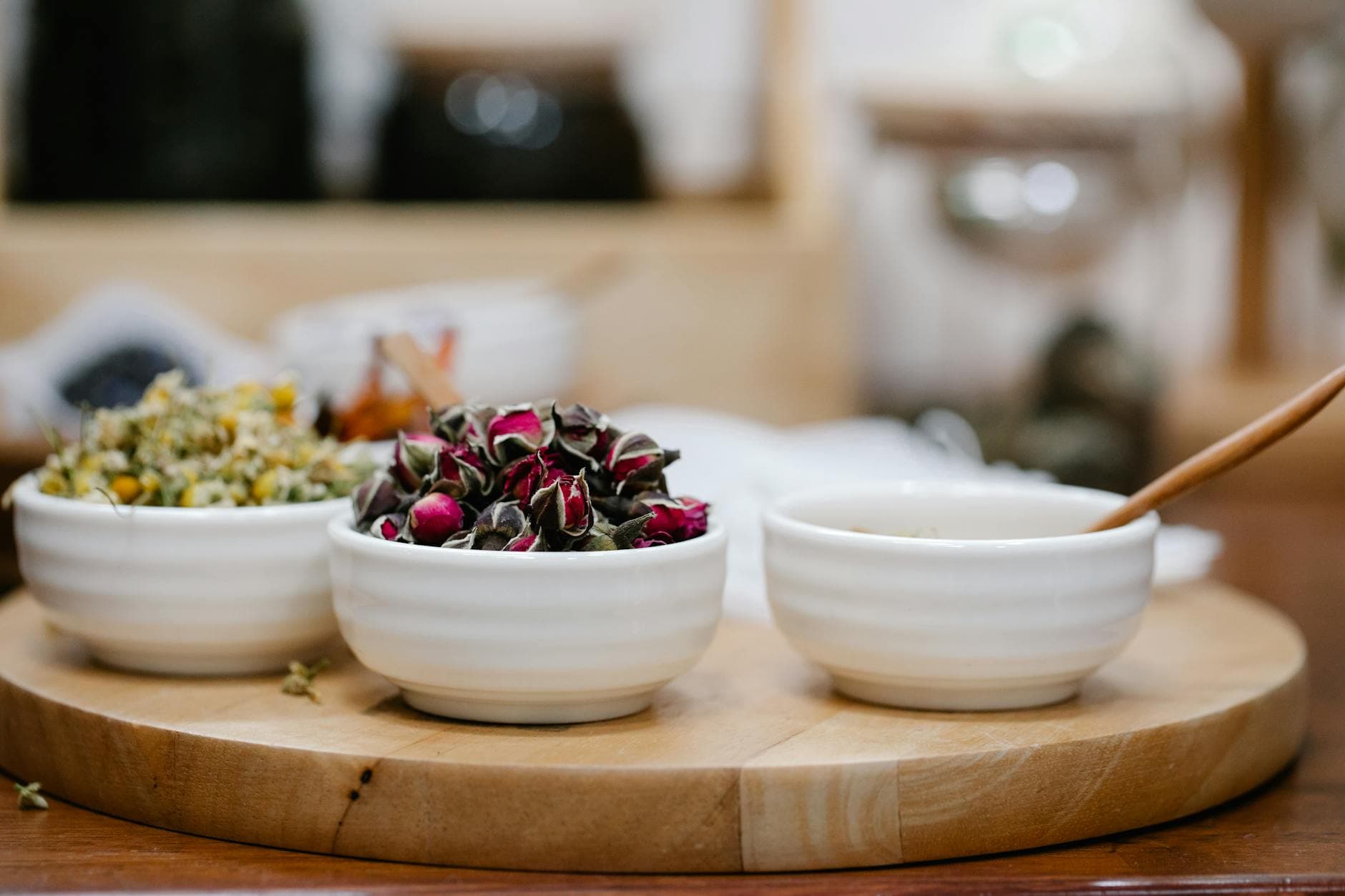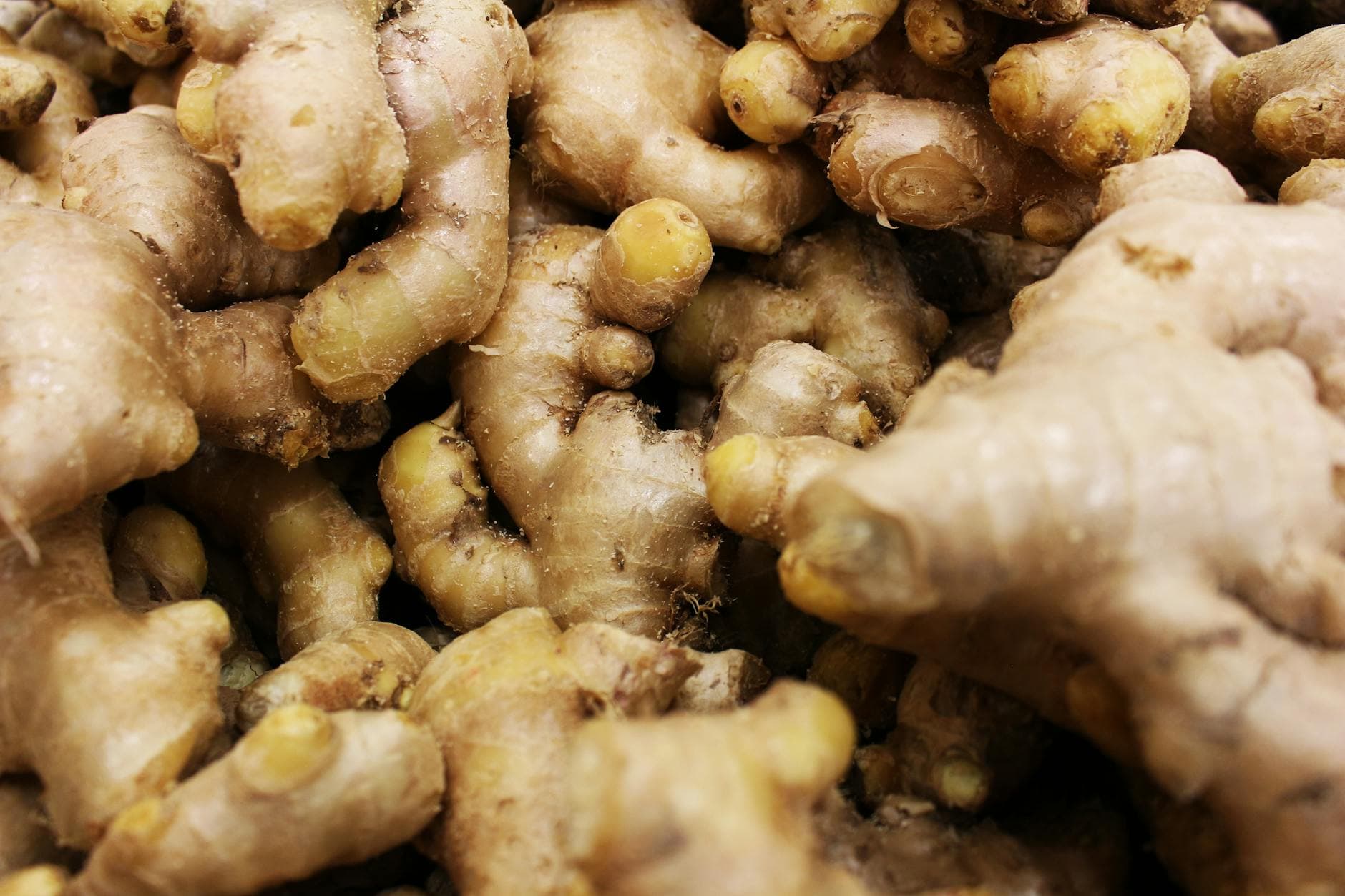Persistent post-nasal drip, the sensation of mucus dripping down the back of your throat, is a common and often irritating condition. While it might seem like a minor annoyance, it can lead to chronic cough, throat irritation, and even sleep disturbances, significantly impacting your quality of life. At Healbal, we understand the desire for gentle yet effective solutions. This article delves into understanding persistent post-nasal drip and explores a range of natural approaches, from lifestyle adjustments to supportive herbal remedies, to help you find lasting comfort and improve your respiratory well-being.
Causes
What Triggers Persistent Post-Nasal Drip?
Persistent post-nasal drip is a symptom, not a disease, often stemming from increased mucus production or impaired clearance. Key triggers include:
- Allergies: Environmental allergens (pollen, dust mites, pet dander) cause inflammation and excess mucus.
- Infections: Viral colds or bacterial sinusitis can lead to temporary or lingering mucus buildup.
- Environmental Irritants: Smoke, pollution, strong fumes, or dry air irritate nasal linings, increasing mucus.
- Gastroesophageal Reflux (GERD/LPR): Stomach acid irritating the throat can mimic or worsen PND, especially at night.
- Vasomotor Rhinitis: Non-allergic triggers like temperature changes or spicy foods cause nasal swelling and mucus.
- Certain Medications: Some drugs, like ACE inhibitors, can have PND as a side effect.
Symptoms
Recognizing the Signs of Post-Nasal Drip
Symptoms vary but center on discomfort from excess mucus. Persistent signs warrant exploring natural management:
- Frequent Throat Clearing: A constant urge to clear the throat.
- Chronic Cough: Mucus irritation triggers a persistent cough, often worse at night.
- Sore or Irritated Throat: Rawness or scratchiness from constant irritation.
- Hoarseness/Voice Changes: Mucus affecting vocal cords can lead to a raspy voice.
- Sensation of a Lump: A feeling of something stuck in the throat (globus sensation).
- Bad Breath (Halitosis): Stagnant mucus can foster bacteria.
When to See a Doctor: Consult a professional if symptoms are severe, accompanied by high fever, bloody mucus, significant breathing difficulty, persistent facial pain, or do not improve with home care.
Natural Remedies
Gentle Home Care for Post-Nasal Drip Relief
Effective natural strategies focus on thinning mucus, promoting drainage, and reducing irritation:
- Stay Well Hydrated: Drink plenty of water and herbal teas to thin mucus, making it easier to clear.
- Nasal Saline Rinses: Use a neti pot or saline spray to flush out mucus, allergens, and irritants. Use sterile water.
- Humidify Your Environment: A cool-mist humidifier prevents dry air from thickening mucus; clean regularly.
- Steam Inhalation: Inhale steam from a hot shower or bowl to loosen thick mucus.
- Elevate Head While Sleeping: Use an extra pillow to prevent nighttime mucus pooling.
- Avoid Irritants: Minimize exposure to smoke, strong perfumes, and allergens.
- Gargle with Salt Water: Soothes an irritated throat and helps clear mucus.
Herbal Treatments
Supportive Herbs for Respiratory Comfort
Certain herbs offer anti-inflammatory, mucolytic, or soothing effects. Always consult a healthcare professional or qualified herbalist before starting new herbal treatments, especially with existing conditions or medications.
- Peppermint (Mentha piperita):
- Benefits: Menthol helps open airways, thin mucus, and soothes.
- Usage: Warm tea (1-2 tsp dried leaves, 2-3 times daily). Essential oil for diffusion or steam inhalation (1-2 drops, never ingest).
- Cautions: Avoid with GERD. Not for infants/young children.
- Eucalyptus (Eucalyptus globulus):
- Benefits: Expectorant and decongestant, eucalyptol breaks down mucus.
- Usage: Steam inhalation (1-2 drops essential oil, not internal) or diluted chest rub.
- Cautions: Toxic if ingested. Avoid near faces of young children, or with asthma/seizure disorders without advice.
- Marshmallow Root (Althaea officinalis):
- Benefits: Demulcent mucilage soothes irritated mucous membranes, easing coughs.
- Usage: Cold infusion or warm tea. Available in capsules.
- Cautions: Can interfere with medication absorption; take separately by 1-2 hours.
- Licorice Root (Glycyrrhiza glabra):
- Benefits: Expectorant, thinning mucus, anti-inflammatory.
- Usage: Tea (1 tsp dried root). Tinctures/capsules.
- Cautions: High/long-term use can raise blood pressure, deplete potassium. Avoid with high blood pressure, heart issues, pregnancy. Interacts with diuretics, corticosteroids. Use DGL form to avoid blood pressure effects.
- Thyme (Thymus vulgaris):
- Benefits: Antiseptic and expectorant, clears congestion, soothes coughs.
- Usage: Tea (1-2 tsp dried thyme).
- Cautions: Generally safe in tea. Pregnant women use with caution.
Prevention
Proactive Steps for Long-Term Respiratory Comfort
Preventing post-nasal drip involves identifying and mitigating its underlying causes:
- Manage Allergies: Identify allergens and reduce exposure (HEPA filters, allergen-proof bedding, closed windows).
- Stay Hydrated: Consistent water intake keeps mucus thin.
- Practice Good Hygiene: Hand washing prevents infections; avoid touching face.
- Address GERD: Dietary changes (avoiding triggers), smaller meals, head elevation.
- Avoid Environmental Irritants: Steer clear of smoke, chemical fumes, and pollution.
- Support Immune Health: Balanced diet, exercise, sleep, stress management.
- Regular Nasal Care: Daily saline rinses keep nasal passages clear.









